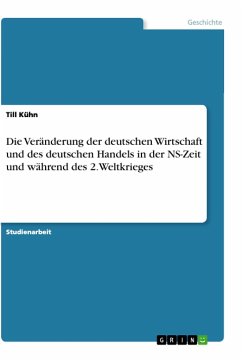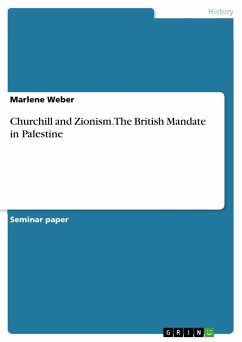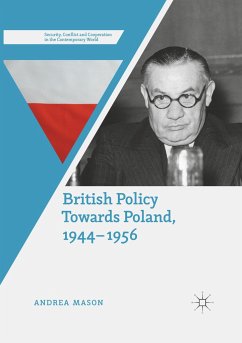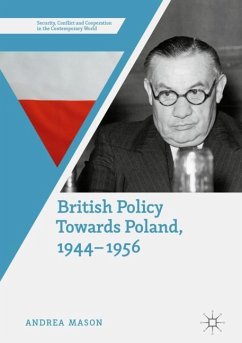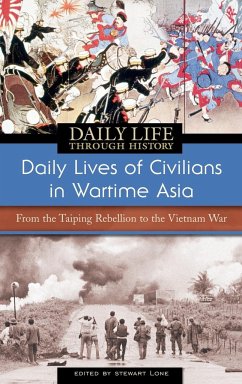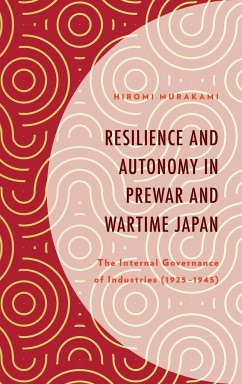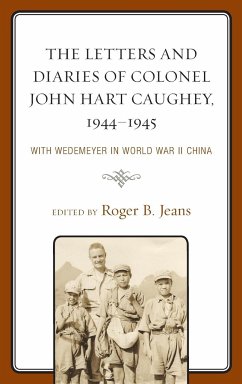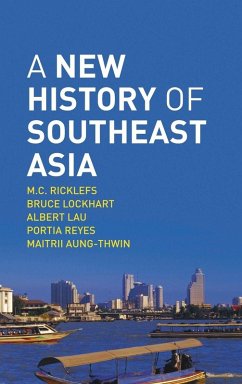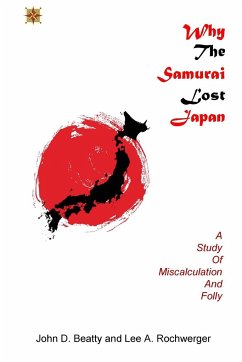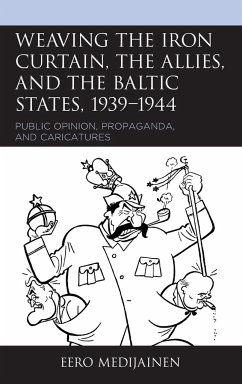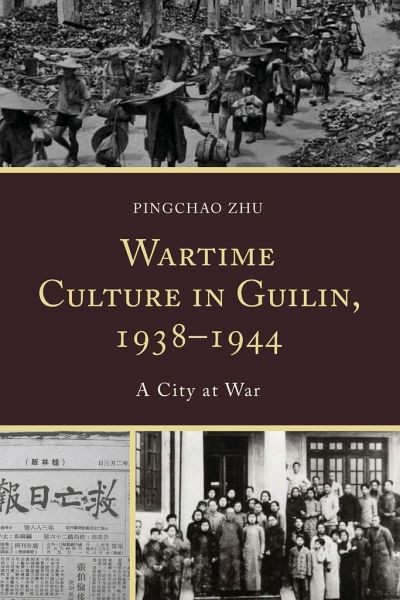
Wartime Culture in Guilin, 1938-1944
A City at War
Versandkostenfrei!
Versandfertig in 1-2 Wochen
58,99 €
inkl. MwSt.
Weitere Ausgaben:

PAYBACK Punkte
29 °P sammeln!
This book examines the development of wartime culture in the Chinese city of Guilin during the Japanese invasion between 1938 and 1944. Controlled by a nationally powerful Guangxi warlord group, Guilin’s liberal atmosphere attracted intellectuals who engaged in various forms of literary production, making the city a new wartime cultural center.




